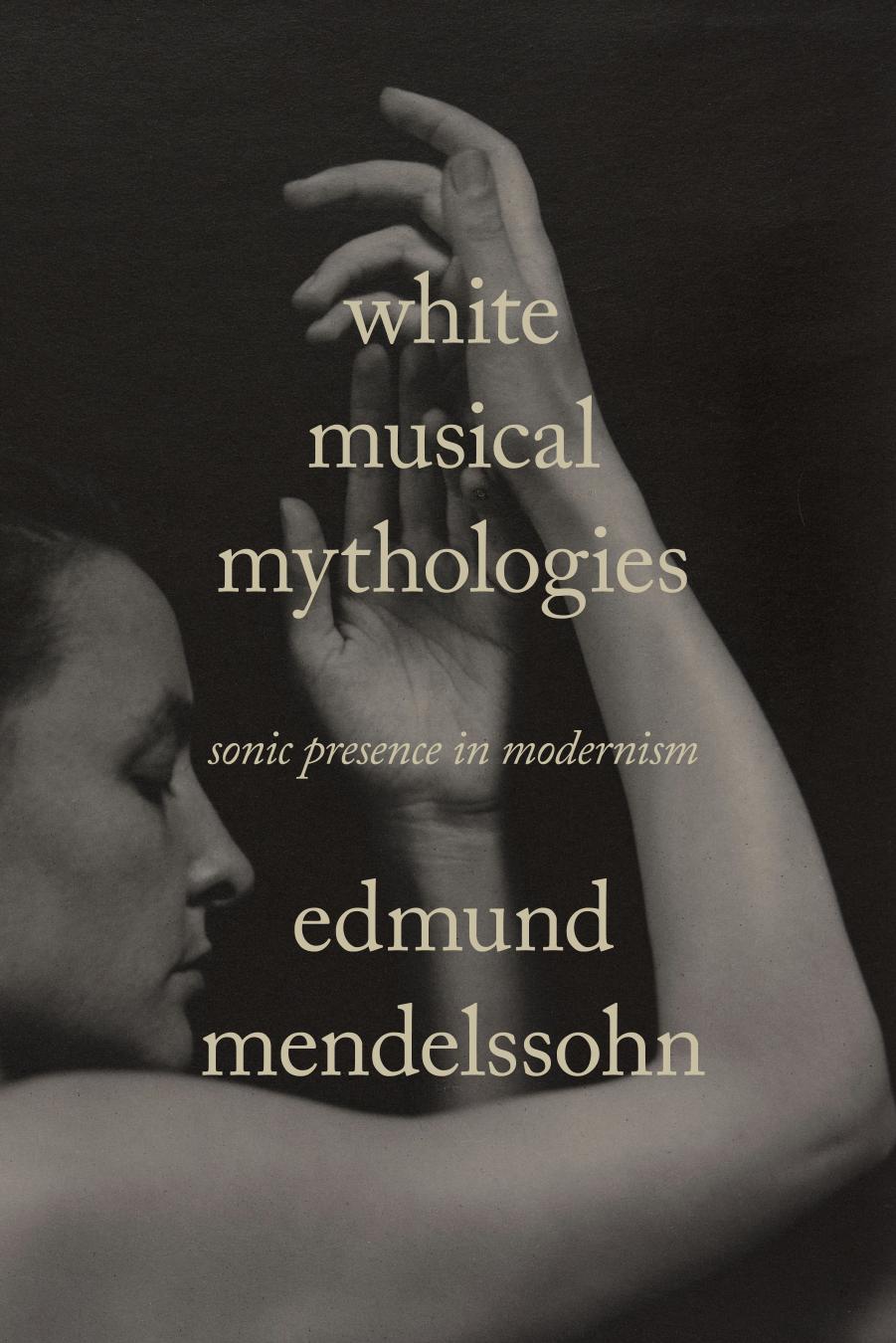

Most ebook files are in PDF format, so you can easily read them using various software such as Foxit Reader or directly on the Google Chrome browser.
Some ebook files are released by publishers in other formats such as .awz, .mobi, .epub, .fb2, etc. You may need to install specific software to read these formats on mobile/PC, such as Calibre.
Please read the tutorial at this link: https://ebookbell.com/faq
We offer FREE conversion to the popular formats you request; however, this may take some time. Therefore, right after payment, please email us, and we will try to provide the service as quickly as possible.
For some exceptional file formats or broken links (if any), please refrain from opening any disputes. Instead, email us first, and we will try to assist within a maximum of 6 hours.
EbookBell Team

4.4
52 reviewsPairing Erik Satie with Bergson, Edgard Varèse with Bataille, Pierre Boulez with Artaud, and John Cage with Derrida, White Musical Mythologies offers an ambitious critical history of the ontology of sound, suggesting that the avant-garde ideal of "pure sound" was always an expression of western ethnocentrism. Each of the musicians studied in this book re-created or appropriated non-European forms of expression as they conceived music ontologically, often thinking music as something immediate and immersive: from Satie's dabblings with mysticism and exoticism in bohemian Montmartre of the 1890s to Varèse's experience of ethnographic exhibitions and surrealist poetry in 1930s Paris, and from Boulez's endeavor to theorize a kind of musical writing that would "absorb" the sounds of non-European musical traditions to Cage, who took inspiration from Eastern thought as he wrote about sound, silence, and chance. These modernist artists believed that the presence effects of sound in their moment were more real and powerful than the outmoded norms of the European musical past.
By examining musicians who strove to produce sonic presence, specifically by re-thinking the concept of musical writing (écriture), the book demonstrates that we cannot fully understand French theory in its novelty and complexity without music and sound.